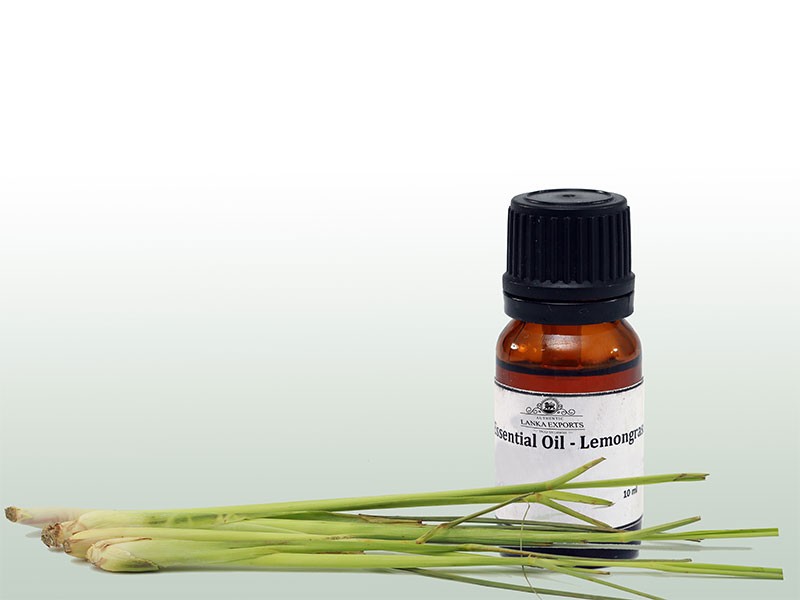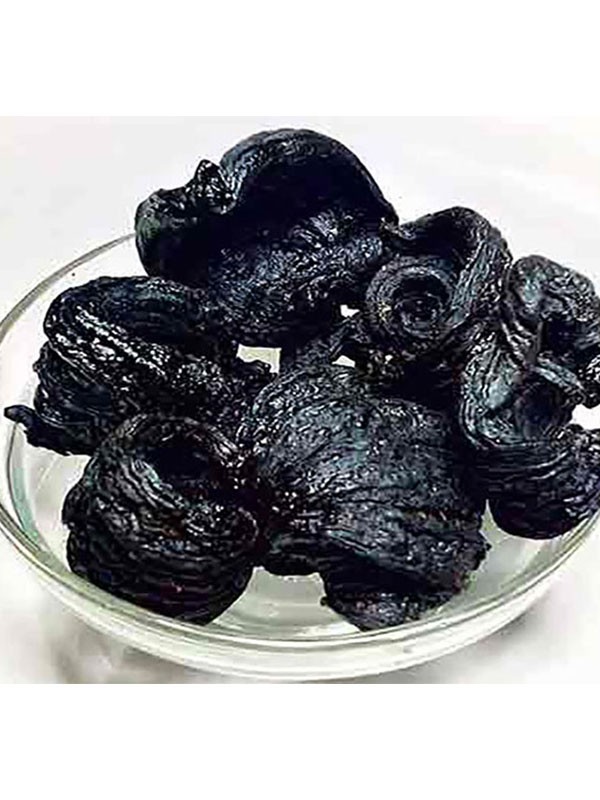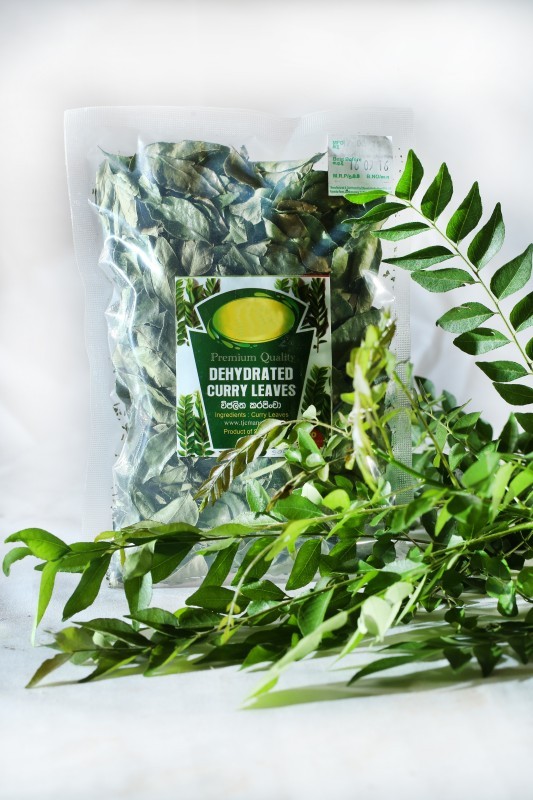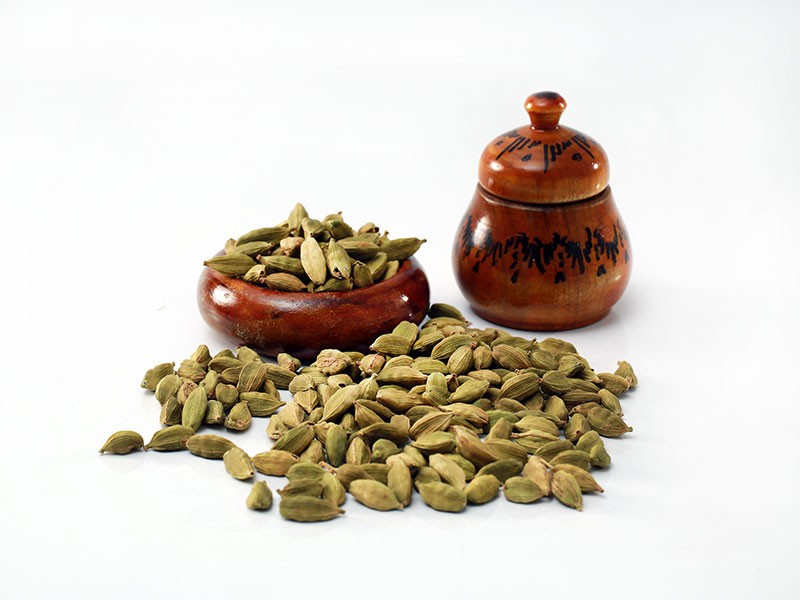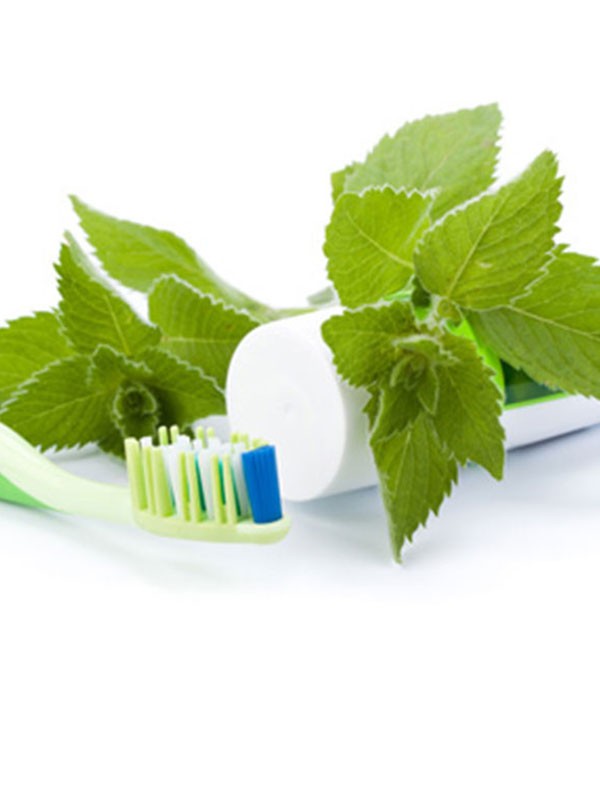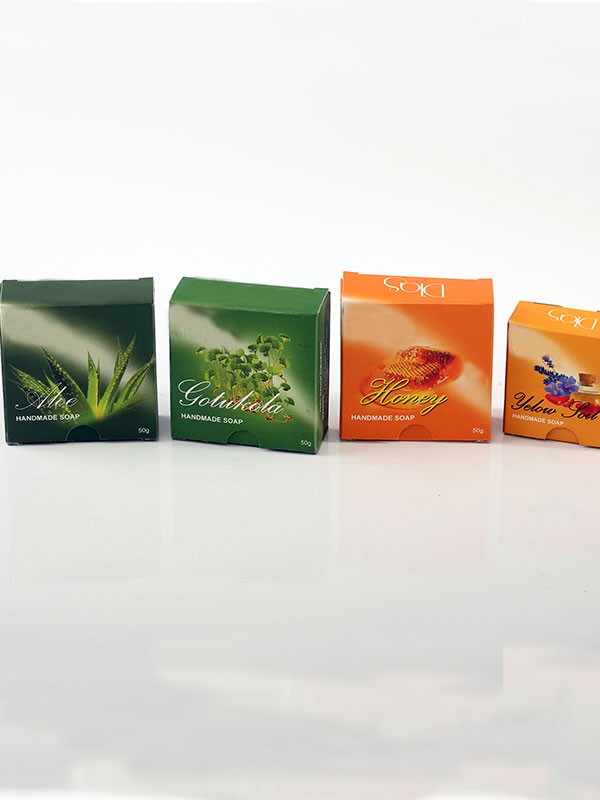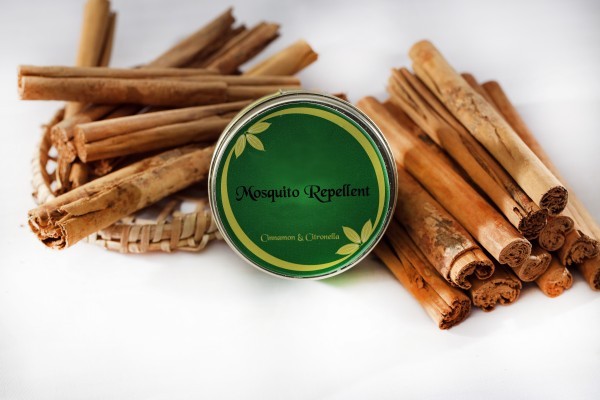The natural, sustainable, and versatile choice for healthier plants. Derived from coconut shells, our premium husk chips enhance soil aeration, moisture retention, and root growth.
Green peppercorns are true peppercorns of the Piper nigrium flowering vine plant, which originated in India and has been used since prehistoric times. Green peppercorns are really unripe black peppercorns. These are often preserved in brine or vinegar and served in pickled form. In dried form, they don't last very long and have to be used quickly. They're commonly found in Thai and other Southeast Asian recipes and have a fresher flavor than their black counterparts.
Lemongrass (Cymbopogon) is a tall perennial plant from the Poaceae grass family, which thrives in tropical and subtropical regions, such as in India, Cambodia, Malaysia, Indonesia, Sri Lanka, China, and Guatemala. This plant grows in dense clumps and has bright-green, sharp-edged leaves, similar to grass.
Garcinia gummi-gutta is a tropicalspecies of Garcinia. Common names include garcinia cambogia (a former scientific name), as well as brindleberry, Malabar tamarind, and kudam puli (pot tamarind). This fruit looks like a small pumpkin and is green to pale yellow in color.
We have dehydrated the freshest, most aromatic curry leaves that can help create authentic Indian and Sri Lankan cuisine.
Cardamom is a spice made from the seeds of several plants in the genera Elettaria and Amomum in the family Zingiberaceae. They are recognised by their small seed pods, triangular in cross-section and spindle-shaped, with a thin, papery outer shell and small black seeds. It is the world's third-most expensive spice, surpassed in price per weight only by vanilla and saffron.
These bags breakdown in a composting environment by natural means back into simple elements, namely, CO2, H2O and biomass. In a short period of time the bags get composted in home composting units. The product is 100% biodegradable and compostable and thereby serves the purpose of protecting the environment at all times. The miracle in compostable bags is that it does not contain any polythene. But similar to any other bag, it can be used for the same purposes.
Herbal oral hygiene methods are not something new to Sri Lankans. In fact there are numerous ayurvedic formulas for various oral hygienic purposes. Of late these formulas have been used to produce herbal tooth pastes for ease of use as well as to cater to the growing market for herbal personal care products.
These Ayurvedic herbal soaps are manufactured using rare herbs prescribed in ancient ayurvedic treatises. The herbs are embellished with vital nutrients and essential personal care properties.
Mosquito and other insect repellant products manufactured in Sri Lanka comprises of natural and herbal ingredients that are safe, effective and mild on the skin.


